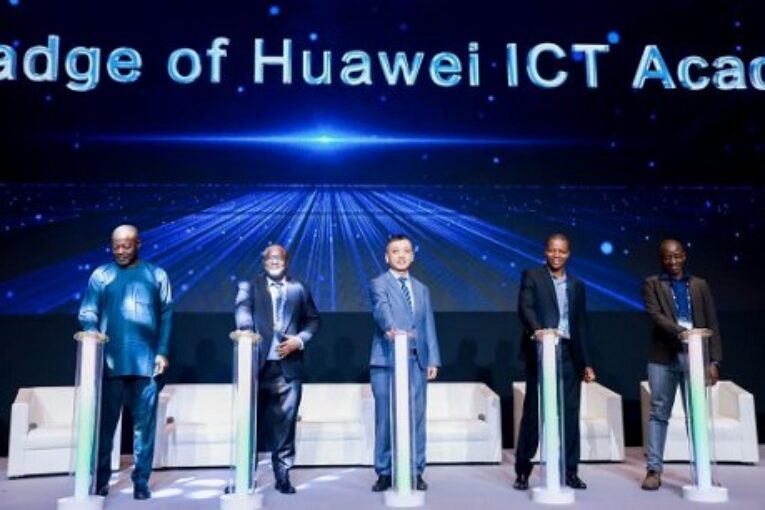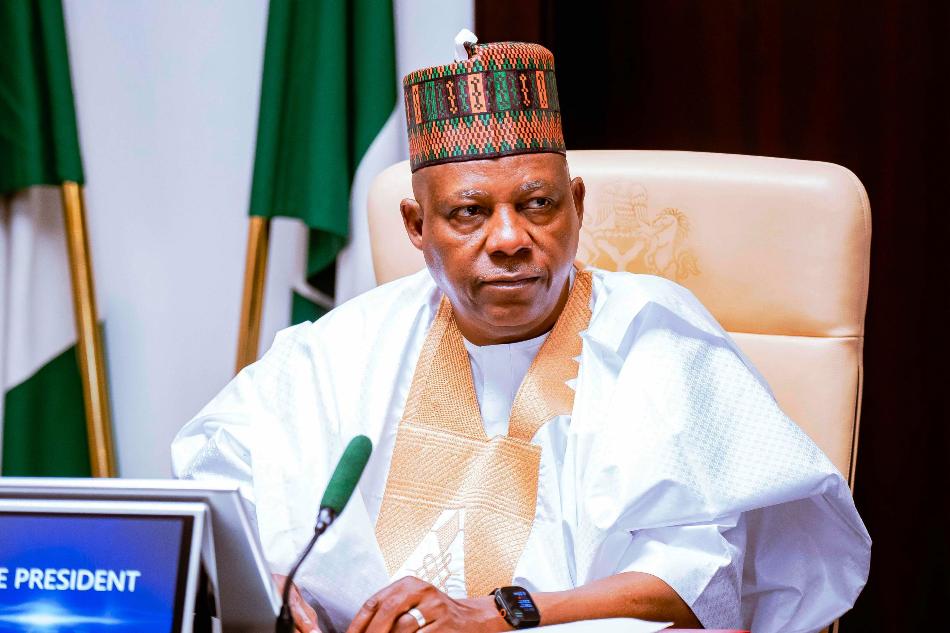
There is a pressing need to equip talent in Sub-Saharan Africa with digital skills. According to the World Economic Forum, more than one billion people around the world need to be upskilled or reskilled by 2030.
It is against this backdrop that Huawei has announced plans to train an additional 150,000 talents in Sub-Saharan Africa over the next three years.
The plan comes on top of the ICT leader’s initial goal to equip over 100,000 people in the region with digital skills by 2025.
In a statement, it said: “Huawei has already exceeded its initial goal by 120%, 10 months ahead of schedule, training over 120,000 individuals over the past 26 months. Both announcements were made at the LEAP Summit 2024: ICT Talent and Sustainable Development for Sub-Saharan Africa.
“The event, co-hosted by Huawei and the African Telecommunications Union (ATU), is an official partner program of Mobile World Congress Shanghai 2024. Huawei and ATU gathered over 200 guests for the LEAP Summit 2024. Among them were high ranking ministers, ambassadors and other government officials from many African nations in the Sub-Saharan region.”
Jeff Wang, Senior Vice President, President of Public Affairs and Communications, Huawei, outlined the company’s approach to inclusive, systematic and future-oriented talent development.
“Huawei launched the LEAP Digital Talent Development Program in Sub-Saharan Africa since 2022. After more than two years of development, we are glad to see that so many people have benefited from it.”
Of LEAP thus far, Hover Gao, President of Sub-Saharan Africa, Huawei, said: “We have made much positive progress in talent development across African countries, but this would not have been possible without the joint efforts of government agencies, academia, and industry.”
In his remarks, John OMO, Secretary General of the African Telecommunications Union (ATU) reiterated a human-first approach to technology.
He said: “Digital skills development and access to ICT is not about ICT, it’s about people. It’s about empowering people to participate sufficiently in the digital economy.”
OMO encouraged the audience to collectively participate in the effort to upskill to give the youth not just a future but also a present in which they can thrive.




